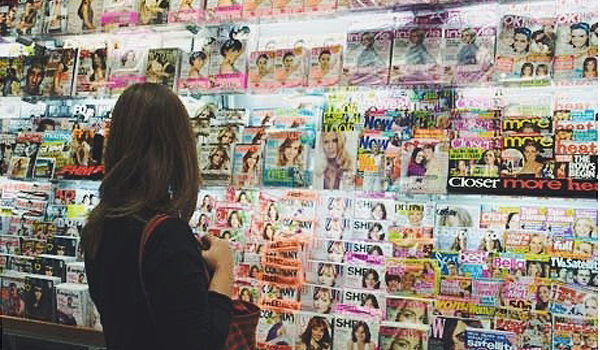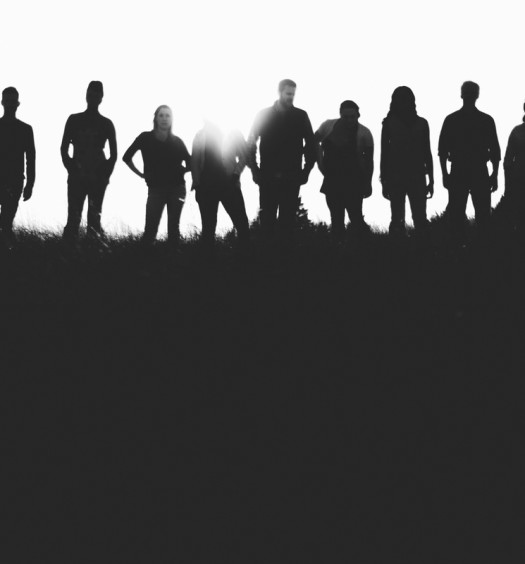Advertising’s Image of Women Creates Public Health Problems [Video]

Conscious Magazine has been working hard to have conversations that matter since 2010. But after watching the video below, we are in crisis mode. Jean Kilbourne Ed.D., author, speaker, and filmmaker who is internationally recognized for her work on the image of women in advertising and her critical studies of alcohol and tobacco advertising, explains in five minutes what the media actually does to women. You may be enlightened to learn how dehumanizing the media can be, and you may be discouraged by the reality of it as well. We certainly are, which leaves us questioning how can we positively affect our environment to counteract these harsh truths.
For 28 years, I’ve been having the same conversation with my sisters, friends and even more so, internally. Comparing and wondering if I will ever be as beautiful as the next model I see hanging above the street lamps. Whether it is on my way to work, the doctors office or anywhere, a barrage of images declare what beauty is or what kind of lifestyle I should lead. My response usually is, “how can I improve?” As a result, it’s been a constant thought on my mind. Is this normal? We think it is because we don’t know any other way. The truth is, it’s not normal.
Highlights from the 5-minute video which inspired this article:
– This has been a 40 year long conversation and it is getting worse
– Ads sell more than products, they sell a lifestyle, concepts of love, sex, wealth, and really selling us a lifestyle we cannot achieve, therefore leaving us the feeling like we fail
– Media and Ads dehumanize women’s bodies and define them as objects, which devalues a woman
– Media and advertisements create public health problems by creating an unrealistic ideal image of beauty, an obsession with thinness, and violence against women
– Too many deaths by anorexia
Public Health Issues:
The way society has over emphasized (unrealistic) beauty for both men and women has left us in a dire state of low self-esteem and increased self-indulgence. The unmatchable beauty that is plastered everywhere is dehumanizing. We are considered as mere objects, and our value is measured by how beautiful we are. I am no doctor, but I do not think I need to be in order to see the signs. This is not a healthy mentality. True fact: Almost 100% of the images you see of models and celebrities are altered. They are altered, because like you and I, they are not perfect. This has created a public health problem.
Public Health Solution:
I am not sure how we can reverse a wild fire. Especially when I know that I have been affected as well. But we need to start somewhere, so why not here? My concern is for my 9 year old niece, and other little girls who will soon find themselves in this battle if we don’t at least start talking about it.
In other parts of the world, like Israel, there’s action. They are the first government to ban underweight models. “Beautiful is not underweight, beautiful should not be anorexic,” said Rachel Adato, one of the lawmakers who pushed the bill. The Dove Campaign for Real Beauty makes the challenge to: Imagine a World Where Beauty is a Source of Confidence, Not Anxiety. They are trying to widen the definition of beauty, which has been terribly misconstrued for decades. At Conscious Magazine, we have a strict no-photoshop policy, we do not alter our models faces or bodies, and we work with diversity of looks . If we don’t look like gods and goddesses, then why should we pretend others should?
Public Health problems can only be solved by changing the environment. Start the conversation today, and don’t be ruled by what you see in print, the web, or on TV.
This article was co-written by Elena Baxter, Web Editor at Conscious Magazine, and Rachael Baxter-Lechliter, Editor in Chief.
Photograph: Alamy



